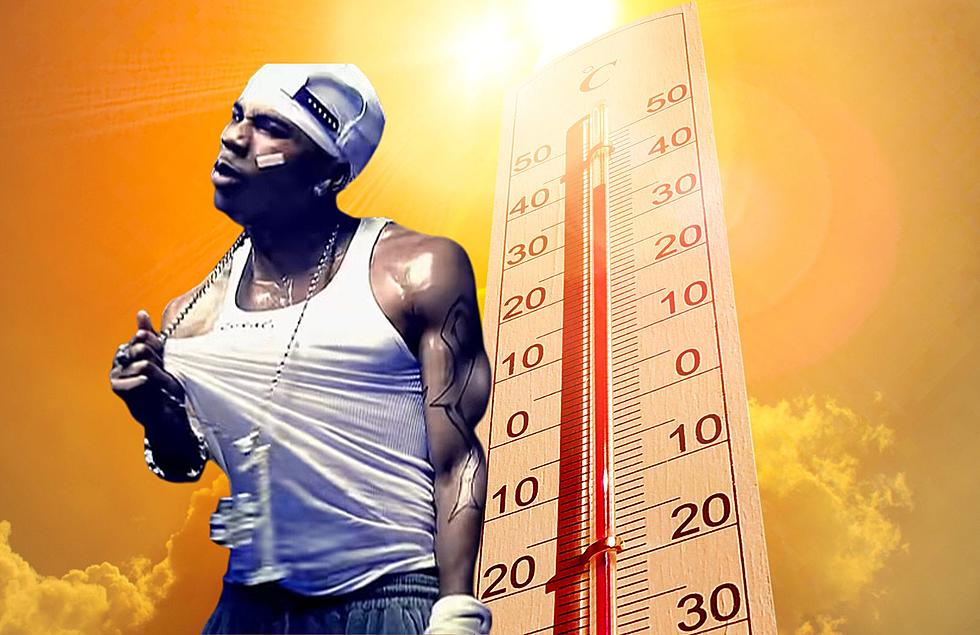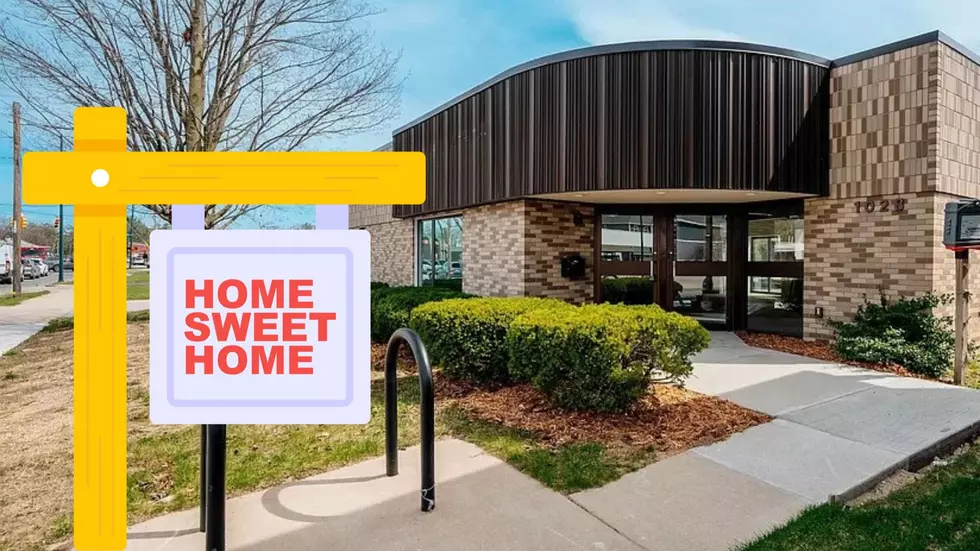
Parts of Michigan Facing An Excessive Heat Advisory Wednesday
As Nelly says it's getting "Hot In Herre"

Michiganders will be dealing with extreme heat and humidity this week which is dangerous and potentially deadly.
Hot In Herre! Parts of Michigan Facing An Excessive Heat Advisory Wednesday
The National Weather Service issued a heat advisory for parts of south-central and southwest Michigan which is from noon on Wednesday to 2 am on Thursday.
The heat index in those parts of Michigan could go all the way up to 105.
What Is An Excessive Heat Advisory?
An excessive heat advisory is a notice issued by the National Weather Service when there is a high risk of heat-related illnesses due to high temperatures and humidity.
The criteria for issuing an advisory vary depending on the location, but in most areas, an advisory is issued when the heat index is expected to reach 100 degrees Fahrenheit or higher for at least two days and the nighttime temperature is not expected to drop below 75 degrees Fahrenheit.
The advisory is meant to raise public awareness of the potential dangers of high heat and to encourage people to take precautions to avoid heat-related illnesses such as heat stroke and heat exhaustion.
Precautions may include staying indoors in air-conditioned spaces, drinking plenty of water, wearing loose-fitting and light-colored clothing, and avoiding strenuous outdoor activities during the hottest parts of the day.
How To Prepare For An Excessive Heat Advisory
To prepare for an excessive heat advisory, you can take the following precautions.
Stay indoors in air-conditioned spaces as much as possible.
Drink plenty of fluids, especially water, to stay hydrated.
Wear loose-fitting, light-colored clothing to help your body stay cool.
Avoid strenuous outdoor activities during the hottest parts of the day.
Watch for signs of heat cramps, heat exhaustion, and heat stroke, such as muscle cramps, heavy sweating, weakness, dizziness, nausea, and headache.
Never leave people or pets in a parked car, even with the windows cracked open.
Check on family members, friends, and neighbors who may be more vulnerable to heat-related illnesses, such as the elderly, young children, and those with chronic medical conditions.





